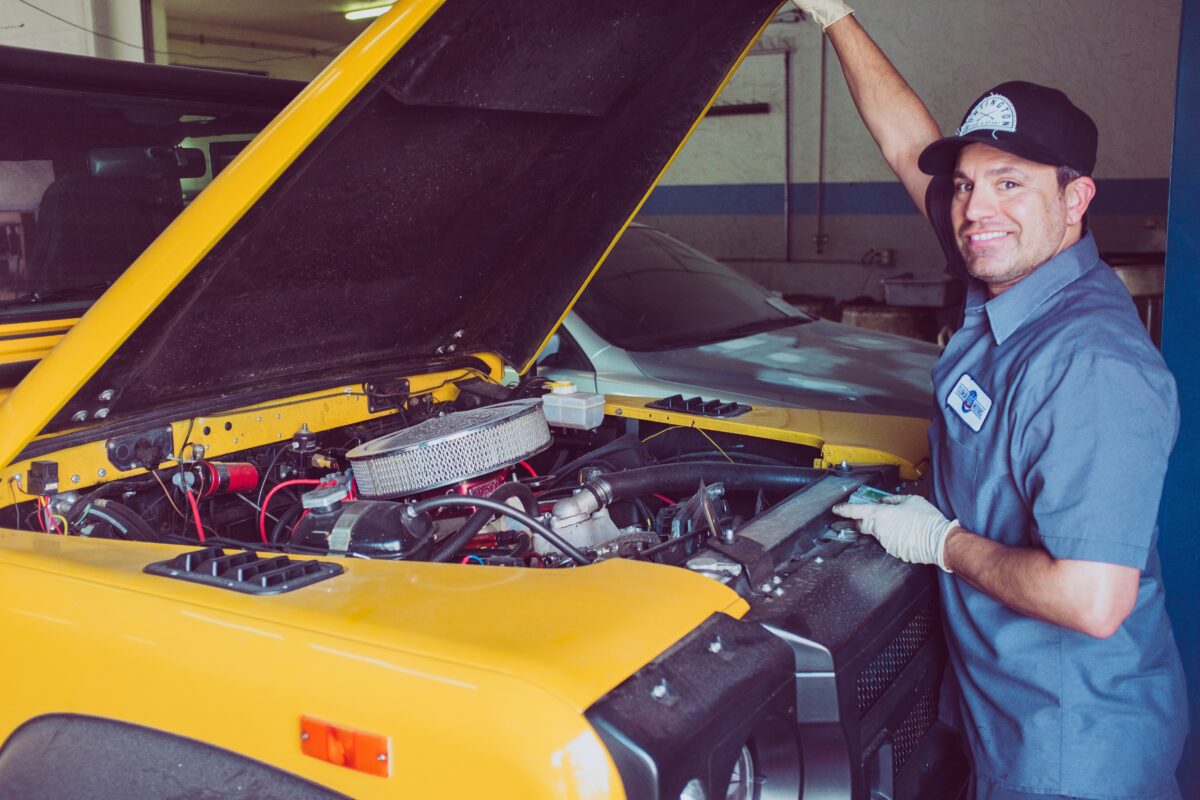Paul C
Paul C is a Registered Surveyor and a Fellow of the NZIS.
After qualifying, he ran his own practice for 10 years before he was
asked to join the Planning Tribunal for an initial 5-year term. He
stayed for 32. The Tribunal became the Environment Court where he was a Commissioner until he retired nearly 10 years ago.
A drug addict, if so inclined, can embark on a treatment schedule to overcome his/her addiction.
A smoker, also if so inclined, can do the same, and so it is with alcohol dependents.
All of them know full well that their choice, if they do indeed decide to do it, will not be instant. In fact, it will be a long and hard battle and one that can only be achieved by persistence.
Although some people may advocate for the ‘cold-turkey’ approach to the above afflictions, that has now generally been rejected in favour of a more sensible approach of treating the addict as a victim rather than simply as a stupid individual who should just get a grip and carry on regardless.
So is our addiction to the internal combustion engine any different? Why is it expected that things will be changed to make the internal combustion engine and its use of fossil fuels unobtainable while anything to replace it is not, at least at present, readily available and affordable. Isn’t that the cold-turkey approach?
Maybe the future does lie with electric vehicles. Maybe it doesn’t. Does anyone really know?
We (sadly, mainly our children) are bombarded with a fear that the world is on the brink of extinction. Some of us are old enough to know that this simply is not true, because in our wider experiences we have heard so many dire predictions, not one of which has ever materialised.
Isn’t it possible that if we took a gently-gently approach and over time people became persuaded to switch away from fossil fuels, that it might actually happen more naturally and maybe even happily?
The internal combustion engines and the diesel engines that we all regularly use were invented prior to 1900 but we didn’t kill off all the displaced horses, and horses were still used for farming and transport until well after the middle of the last century. So why kill off the use of fossil fuels? Why not create an environment where it is phased out gradually such as was done for the use of coal for home heating and cooking? That wasn’t done by scaring people out of it but by education and the production of better and cheaper alternatives.
A fact not widely known is that even though the petrol motor car was invented prior to 1900, at that date ⅓ of all vehicles on the road were electric vehicles. Interest in them faded until by 1935 it had all but died. When oil prices rose dramatically in the 1960s and 1970s interest soared again, only to fade away to virtually nil by the early 1990s.
The Internet tells me that for the US, if all light vehicles were transitioned to electricity (or hybrid), the US could lower its dependence on foreign oil by 30%-60% while lowering the carbon pollution from the transport industry by as much as 20%.
That last figure is what makes me wonder whether what we are doing (or being forced to do?) is really warranted. It makes me think that, while we are being coerced to eliminate all carbon pollution, changing to all-electric vehicles is simply not going to have much effect.
Again it is the cold-turkey syndrome. Wouldn’t it be better to properly educate the populace so that they can make their own determinations of what they want to power their vehicles?
It is frightening to think what might happen if ‘they’ have got everything wrong. It’s certainly a possibility because although we are told otherwise, the science is far from settled. Anyone doing a bit of probing on the Internet can easily find many opinions that refute what we are told is settled science. That makes me wary and thus leads me to think we should tarry awhile and not be so hasty. We should not just blunder forward.
Despite being told that it is urgent that we move quickly, I am far from convinced. It isn’t going to end the world if we don’t move quickly simply because our contribution to the global effects is minute. If ‘they’ have it wrong we might just end up with hundreds of useless EVs (and their batteries) which we won’t be able to take out and shoot as we could well have done with the horses. The boffins are telling us that it won’t be possible to power them all anyway. And we’ll have very few fossil-fuelled vehicles left and possibly nothing to power them with either. If petrol is still available it will be so expensive it will be unaffordable.
Our current bull-at-a-gate attitude is frightening. We should step back, do a bit of thinking and plan, long-term, for a better future. Just chopping off fossil fuels is crazy. If we do need to transition let’s do it sensibly and rationally.
It is arguable whether the human race have been gainers by the march of science beyond the steam engine. Electricity opens a field of infinite conveniences to ever greater numbers, but they may well have to pay dearly for them. But anyhow in my thought, I stop short of the internal combustion engine which has made the world so much smaller. Still more must we fear the consequences of entrusting to a human race so little different from their predecessors of the so-called barbarous ages such awful agencies as the atomic bomb. Give me the horse.
Winston Churchill, 10 July 1951, Royal College of Physicians, London
Please share this BFD article so others can discover The BFD.

